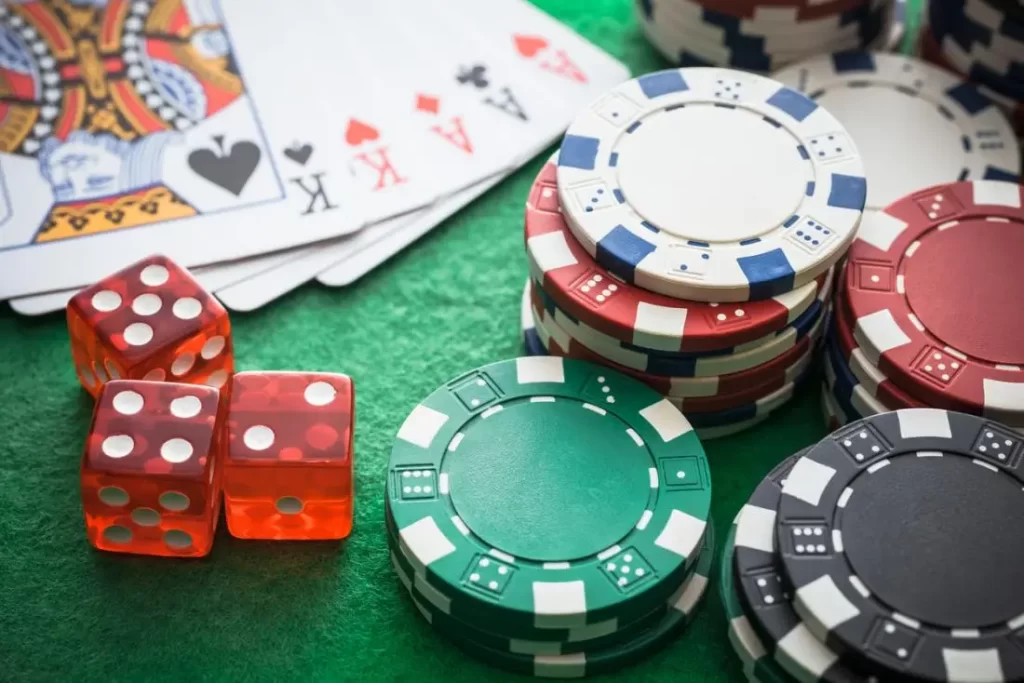
The Psychology of Risk-Taking in Gambling
Risk-taking psychology can be an engaging subject of study. It has been linked to many different things, including personality traits such as sensation-seeking and impulsivity.
Gambling is an activity characterized by risk-taking that exposes participants to unpredictable outcomes, from losses and potential large gains, as well as possible gains and losses. Though considered part of human experience, gambling can result in serious financial and social repercussions for some individuals.
Probability of winning
Probability of Winning in Gambling The probability of winning in gambling can be measured as an expression of chances that a player will either win or lose, typically expressed from 0 to 100 and can depend on factors like game type and other considerations, though generally speaking a higher number indicates better odds.
Probability theory is an area of mathematics concerned with probabilities. To do this, it examines all possible events in an experiment (the space of possibilities), decomposing them into elementary events – minute pieces that comprise all possible events; probability models then use these elementary events as building blocks to create mathematical structures that fit a given experiment.
Risk of losing
Psychological aspects of risk-taking can be complex. Gamblers will make a decision between placing small or large bets depending on their perceived risk and likelihood of success; it is also essential to think through potential negative repercussions should their bet be successful, since losing can become a real concern if a substantial sum is at stake.
Risk in gambling can generally be defined as the range of uncertain outcomes that could range from positive to negative (reward magnitude or probability), though in some instances there may be no loss. This is because losses do not always result directly from decisions taken by gamblers themselves but can instead depend on external influences beyond their control such as: 1) amount and speed of play; 2) available funds to bet with; and iii) time frame in which bet was placed.
Self-control
Self-control is an essential skill that can help people avoid risky behavior like gambling. It involves managing feelings, wants, and conduct in accordance with external expectations.
Self-control may come naturally to some individuals, but it’s a trait that can also be learned. Studies indicate that individuals who demonstrate higher levels of self-control tend to achieve better results across many situations – including positive emotions and life satisfaction.
Many factors play a part in an individual’s ability to regulate his or her own behavior, including personality and life experiences. Studies have also shown that the same section of the brain that controls empathy also regulates self-control.
Motivation
Gambling can be both emotionally and financially draining. Every loss diminishes one’s self-esteem, leaving one feeling helpless and powerless against life’s uncertainties.
No matter its source or purpose, gambling should always be seen as an opportunity to escape a difficult situation or find some sort of entertainment. Recognizing its addictive qualities as well as addressing psychological factors leading to problem gambling is vital in finding ways to cope.
Motivation to gamble can be an intricacie issue that involves both intrinsic and extrinsic motivators. Intrinsic motivation may include wanting to have fun, interact socially or exert some control over one’s life.
